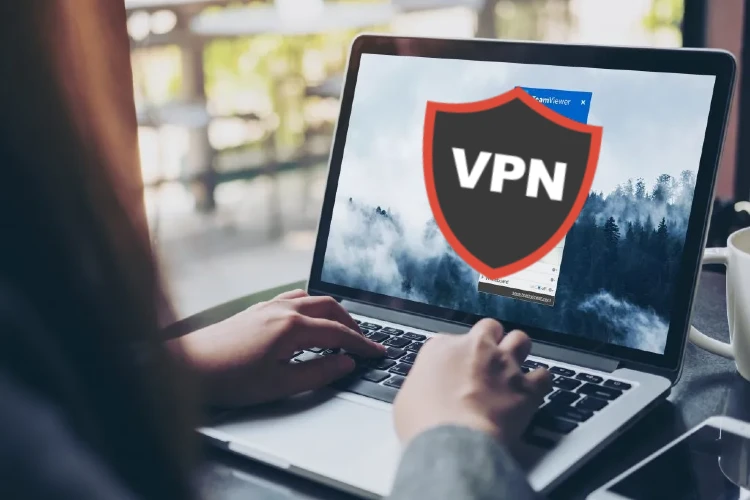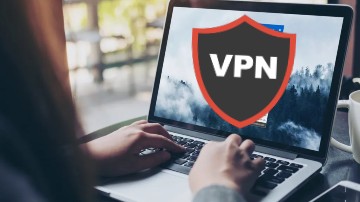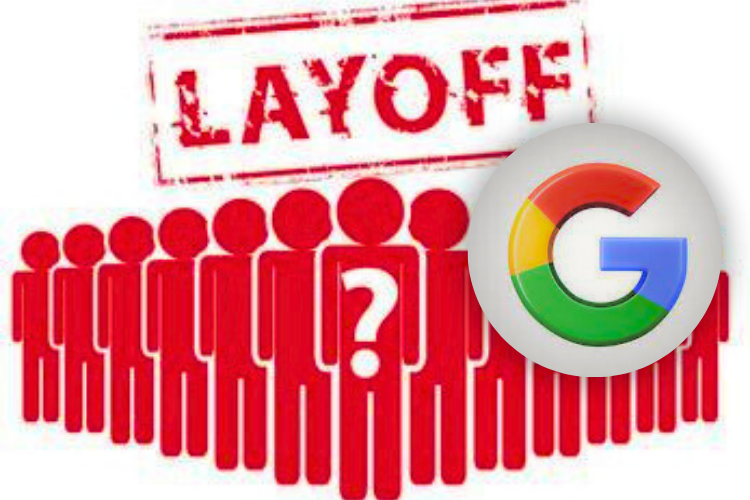
When individuals listen to the term “virtual private network,” they usually think it’s something too high-tech for the moderate user, there’s no reason why to use a VPN. But this isn’t true; a VPN can satisfy large enterprises and people alike. Traveling and using public wifi, sharing keen details or just perusing entertainment choices on Netflix are all actions that can be done more safely with the help of a VPN.
VPN software defends your information by concealing your device’s IP address, encrypting your data and routing it via secured networks to servers in distant states or other countries. In doing so, it hides your online identity, assuring that you can browse the Internet securely and anonymously.
Why should we use VPN?
-
Security on Public Wi-Fi - Public Wi-Fi is suitable but reaches the cost of safety. When you’re responding to emails at a local coffee shop or absent-mindedly scrolling via social media at the terminal, somebody may be stalking your online activity. VPN protects your data while you are on other webs, hiding your search history, bank details, passwords and more from bad-intentioned internet aliens.
-
Data Privacy From the Apps and Services You Use - Your ISP isn’t the only possible liability that you’ve obtained into your own home. Unfortunately, many of our favorite apps and internet services—most notably Facebook—have been called out for the way they’ve used the data of their users.
-
Data Privacy From Your Government - While many ISPs, apps and internet data hubs suggest they don’t sell your browsing data to governments, the information nonetheless finds its way into their hands.
-
Data Privacy From Your Internet Service Provider - While linked to your house Wi-Fi, you are less likely to be attacked by strangers than on a public connection. However, your information is still weak. Your ISP or internet service provider—Comcast, Spectrum, Verizon or other company who you pay for Wi-Fi each month—can access all your internet data. Your ISP can see when, where and how you browse. This data can be collected and sold to advertisers even if you’re using the “private” browsing function, and it can be risky in the wrong indicators in the case of a data breach.
-
Access to Any Content in Any Place - VPNs spoof your location, creating it seem as if you are browsing from another place. That means you can get your Criminal Minds to fix even if it’s not available locally.
-
Security When Working Remotely - One advantage of a VPN is its data encryption features. Encryption, or placing data into a coded form so its meaning is hidden, allows you to keep confidential details safe.
-
Smart Savings - Many types of companies, such as subscription services and airlines, offer the same conveniences or products for various prices. If you change the appearance of your place to a place where services are offered cheaper, you can compete with big savings.




.webp)
.jpg)

